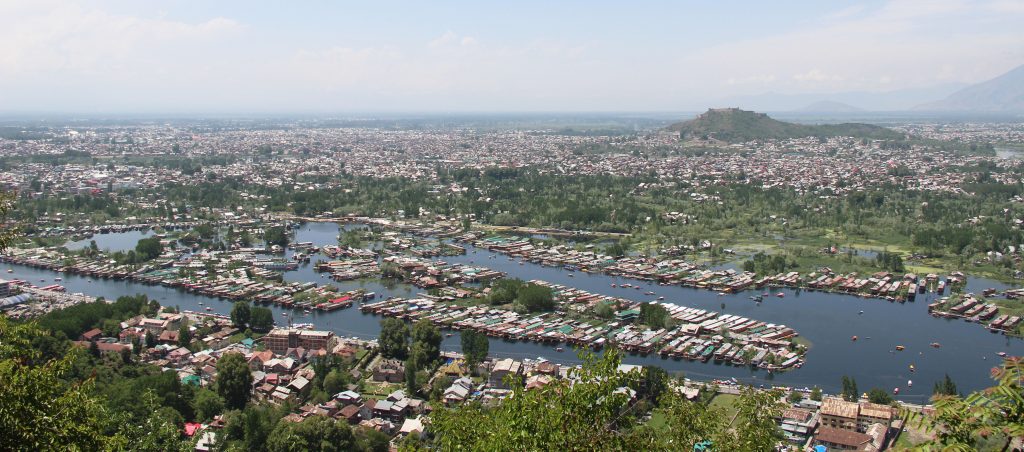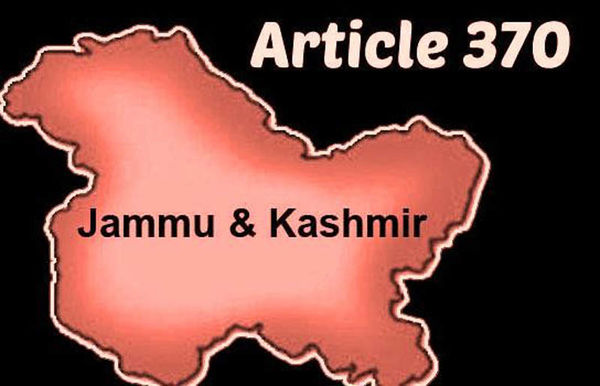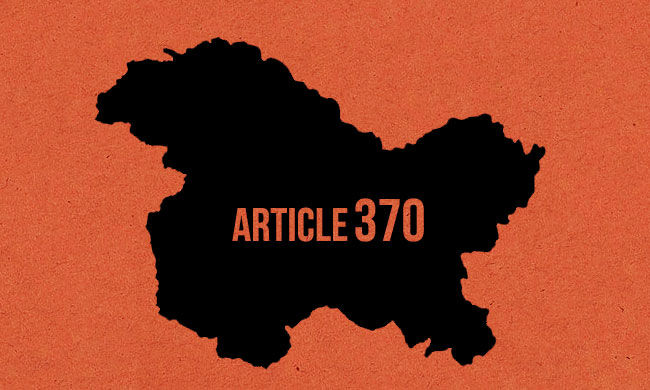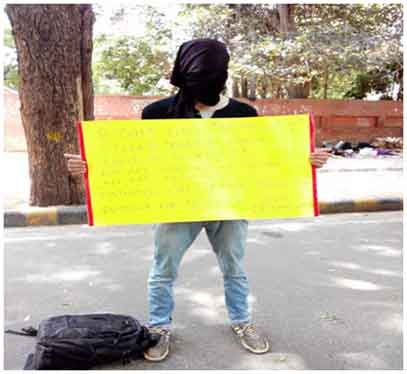
Amid a debate over whether the annulment of article 370 from Jammu and Kashmir was purely a government decision to reorganise the state, it is necessary to know whose real interest lies here.
This removal of article 370 from Jammu and Kashmir (aka J&K) invited a number of intellectuals across the world to hold talks and making opinions regarding legitimacy of the step. On the one hand where this was a paranoic experience for the people in the region and petitions were poised for the Supreme Court, the corporates were contriving appropriate business model for the region on the other hand. Meanwhile, the most interesting hour of the story came when the owner of Reliance industries limited Mukesh Ambani made a public announcement. It was about investment in the state. Among investors are both big and small like- Trident group, Medanta group, cure fit and Policy bazar.
In her book capitalism: a ghost story, Arundhati Roy explained how the 100 richest people in India ended up controlling a quarter of country’s GDP. The debate over the feasibility of democracy in capitalist system or capitalism in democracy concludes the possibity of both. In fact many believe that capitalism is an inevitable by-product of democracy.
The suspicion over government’s decision in Kashmir is reasonable as far as the interest of corporate class is concerned. Remember when Prime Minister Modi was featured on jio advertisement in September 2016 grabbing the front pages of many newspapers. The opposition not only condemned him but also started labelling him the brand ambassador of the company. And it was very intriguing that the company did not seek his permission for the ad and also PMO did not sue the comapny for this act.
Now let us see that is it really all about development of the people of J&K. The answer is no because the state’s official portal suggests that the state has a mere 4% incidence of poverty, one of the lowest in the country. Besides tourism which is the heart of state’s economy, horticulture plays a vital role in its economic development with an annual turnover of nearly ₹ 300 crore and it can offer a strong base for big industries. J&K doesn’t lack in development at least in comparison to many Indian states. The planning is for something bigger this time.
During the research for her book Roy also found how the richest Indian corporations such as- Reliance, Tata, Essar and Infosys are employing similer tactics of meddlesomeness into government’s decision making as those of the United States based Rockefeller and Ford foundations, She told to Georgia Straight, a Cannada based weekly newspaper. she is concerned about how democratic decisions are highly influenced by business class.
She further opens a very interesting chapter of Indian civil society, India against corruption movement 2011-12. She explains about what was lying under the basement of this movement. The three Magsaysay award winners- Anna Hazare, Arvind Kejriwal and Kiran Bedi were urging people to join them for wiping the corruption out of the system. But this movement did not breathe a word against corporate power. This was only because the spotlight of the movement was falling over the favourite punching bag i.e the politicians only by the corporate media with a 24 hour coverage. We were watching the show which was scripted for us only.
What is worth observing and probably an ulterion motive in current case of J&K is the presence of China’s ambitious belt and road initiative project in the region. With its infrastructural development and investment initiative in about 152 countries of the world, it can easily allure any business conglomerate.
In the era of economy political ethics are often overshadowed by business deals. Who has even imagined after India-China war 1962, that both the countries will be partners to such a strong regional organisation like BRICS and welcoming each other’s delegate in future. Even today despite of Chinese tilt towards our dateless enemy Pakistan and our own animosity with China, it is our largest trading partner contributing nearly 16% in our import with a worth value of $ 61.50 billion. In fact last year the bilateral trade touched a historic high of $ 95.54 bn hoping it to cross $100 bn in near future.
These facts and figures may be disheartening to many Indians who already have assumed China and Pakistan their enemy for eternity but reality is today’s supercharged global economy is eroding the power of people in democracies. We all are invited to a world where government has back seat to big businessmen.
The problem is both, capitalism and democracy, have so syllogized themselves that their boundaries of responsibility have blurred. The role of capitalism should be limited to respond over people’s choices as individual customers. While democracy should enable citizens to decide how the slices of economic pie should be divide and to determine rules applicable to both private and public goods. The dream of Mahatma Gandhi’s egalitarian society can never be achieved giving free hand to corporate class.
Alsaba Binyamin is pursuing MA in Political science at Aligarh Muslim University
SIGN UP FOR COUNTERCURRENTS DAILY NEWS LETTER














































